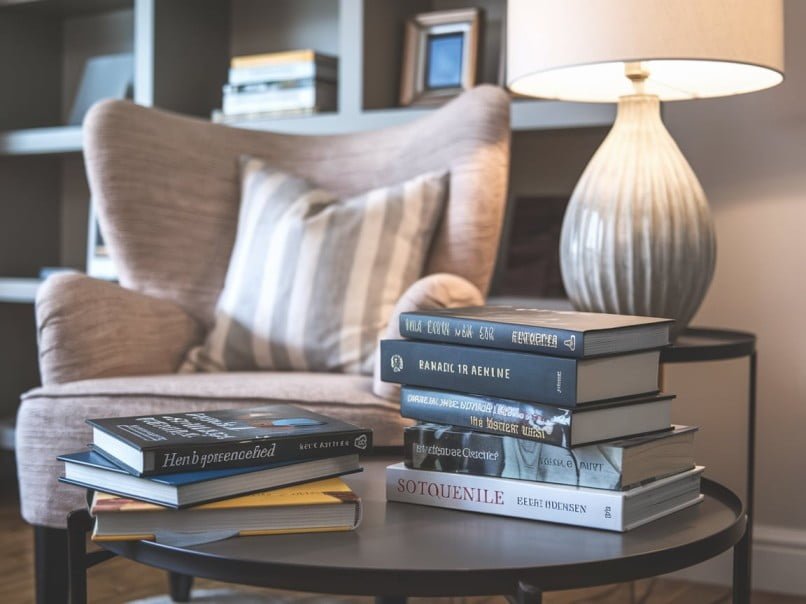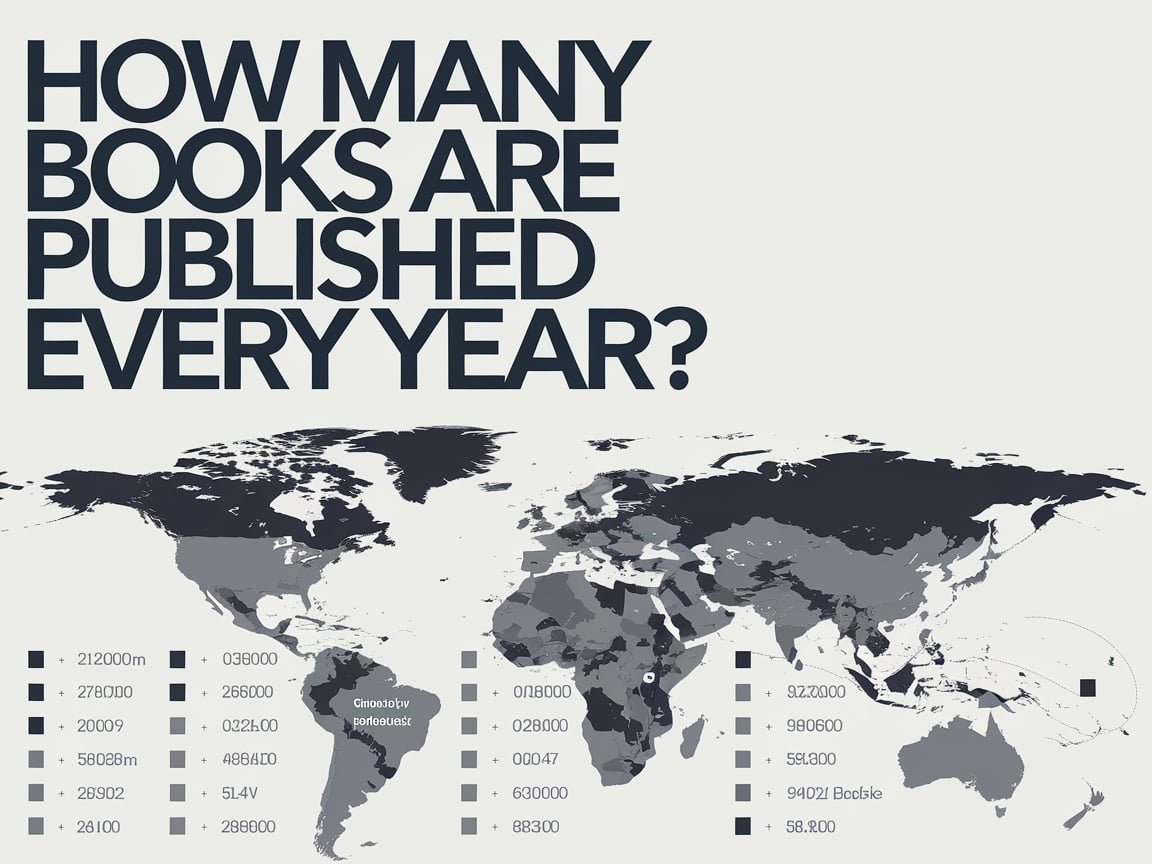Starting a reading habit can be incredibly rewarding. Not only does reading enhance your knowledge, creativity, and vocabulary, but it also provides an excellent escape from the hustle and bustle of everyday life. However, if you’re new to reading, it might seem intimidating to dive into the vast world of books. Where do you start? How do you stay consistent? This comprehensive guide will walk you through how to start reading books and develop a lifelong reading habit. Whether you’re a complete beginner or just someone who wants to read more, this guide is for you.
Why Start Reading?
Before we dive into the steps, let’s look at why you should consider reading in the first place:
- Improved Cognitive Function: Reading stimulates your brain and improves your concentration, memory, and comprehension skills.
- Increased Knowledge: Books open you up to new ideas, cultures, and perspectives. The more you read, the more knowledge you acquire.
- Stress Reduction: A good book can act as a mental escape, lowering stress and providing relaxation.
- Better Focus and Concentration: Regular reading helps improve your attention span and ability to focus.
- Enhanced Vocabulary and Writing Skills: The more you read, the more words you’re exposed to, which improves your vocabulary and writing skills.
With those benefits in mind, let’s break down how to start reading books.
Step 1: Identify Your Reading Goals
To start a reading habit, it’s essential to identify your goals. Ask yourself:
- Why do you want to start reading?
- What do you hope to gain from reading?
Having clear goals will guide your book choices and give you motivation to keep going. For example, if you want to improve your knowledge of world history, you can focus on non-fiction books. If you’re reading to escape and relax, fiction might be your go-to.
Your goals could also be about reading a certain number of books a month or spending a particular amount of time reading each day.
Step 2: Choose Books That Interest You
This step is crucial in developing a love for reading. Pick books that genuinely interest you. There are so many genres to explore, including:
- Fiction: Adventure, romance, science fiction, fantasy, historical fiction, etc.
- Non-fiction: Self-help, biographies, memoirs, history, science, etc.
If you’re not sure what type of books you’ll like, try sampling a few different genres to see what grabs your attention. A great place to start is by reflecting on your hobbies, interests, or subjects you’d like to learn more about.
Step 3: Start Small
One of the biggest mistakes beginners make is jumping into a long or complex book and getting overwhelmed. Instead, start small. Choose short books or easy-to-read novels. Here are some beginner-friendly suggestions:
- Short Novels: Novels like The Alchemist by Paulo Coelho or Animal Farm by George Orwell are short, yet impactful reads.
- Non-Fiction: Books like Atomic Habits by James Clear or The Subtle Art of Not Giving a Fck* by Mark Manson are easy reads with practical insights.
- YA Fiction: Young Adult (YA) novels like Harry Potter or The Hunger Games are often fast-paced and easy to follow.
Starting with short or easy-to-read books helps you build momentum and feel accomplished without getting frustrated by long, dense texts.

Step 4: Set Realistic Reading Goals
Don’t pressure yourself to read 50 books in a year if you’re just starting. Set realistic goals that won’t overwhelm you. Here’s how you can set manageable goals:
- Pages Per Day: Aim to read 10-20 pages a day. This way, you’ll slowly but surely work your way through a book.
- Time Per Day: Set aside 15-30 minutes each day for reading. Whether it’s before bed, during lunch breaks, or on your commute, finding a specific time helps make reading a habit.
- Book Count: You might also set a goal to finish one book a month or two books every three months, depending on your schedule.
Small, consistent efforts add up, and before you know it, you’ll have completed multiple books.
Step 5: Create a Reading Routine
To develop a reading habit, it’s essential to integrate reading into your daily life. Here are a few tips to create a reading routine:
- Find a Time that Works for You: Some people prefer reading in the morning, while others find it relaxing to read before bed. Pick a time that works with your schedule.
- Choose a Reading Spot: Having a dedicated reading space helps you get in the right mindset. It could be a comfy chair, a quiet corner, or even a spot at your local café.
- Read in Short Bursts: If you struggle to find long periods, read in shorter bursts. You can read during your commute while waiting in line, or during breaks.
- Keep a Book Handy: Always carry a book with you. You’ll be surprised how many pockets of time you can fill by reading a few pages here and there.
Step 6: Eliminate Distractions
In today’s world, distractions are everywhere. Phones, TVs, and social media can easily interrupt your reading time. To make reading a consistent habit:
- Put Away Your Phone: Keep your phone in another room or in silent mode while reading.
- Create a Quiet Environment: Find a peaceful space with minimal noise and distractions.
- Use Reading Apps: Apps like Kindle or Audible can help you stay focused, especially if you prefer reading or listening on the go.

Step 7: Use Audiobooks as a Stepping Stone
If you find reading difficult or time-consuming, audiobooks can be a great way to ease into the habit. Listening to a book can help you get used to absorbing information and narratives without the pressure of physically reading. Audiobooks are perfect for:
- Commuting: Listen to a book during your drive, commute, or workout.
- Multitasking: You can listen while cooking, cleaning, or doing other tasks.
Apps like Audible, Scribd, and even Spotify have a variety of audiobooks to choose from, making it easier than ever to dive into stories.
Step 8: Join a Reading Community
One of the best ways to stay motivated is by joining a community of readers. Being part of a group where people share book recommendations and reviews helps foster accountability and keeps reading fun. Here’s how to get involved:
- Book Clubs: Join a local or online book club where readers gather to discuss a chosen book.
- Social Media Communities: Follow book-related hashtags like #Bookstagram or #BookTok on Instagram and TikTok. There, you’ll find book recommendations and reviews.
- Online Platforms: Goodreads is a great platform where readers track their progress, write reviews, and get book recommendations based on their reading preferences.
Step 9: Track Your Progress
Tracking your reading progress is a great way to stay motivated. Here’s how you can do it:
- Goodreads: Create a Goodreads account and set up a reading challenge to track the number of books you want to read in a year.
- Reading Journal: If you prefer analog tracking, keep a reading journal. Write down the titles, authors, and your thoughts after finishing each book.
- Apps: Apps like StoryGraph and Bookly also help you set reading goals, track your progress, and even give book recommendations.
Step 10: Don’t Be Afraid to Quit
Not every book will be a winner. If you’re not enjoying a book, don’t force yourself to finish it. It’s okay to quit and move on to something else. Reading should be enjoyable, not a chore. Here’s a tip: if you’re not into a book after reading 50-100 pages, consider setting it aside and choosing something more appealing.
Step 11: Expand Your Horizons
Once you’ve established a reading routine, try branching out. Don’t be afraid to explore different genres, authors, or even formats. Here are some ideas:
- Genres: If you typically read fiction, try non-fiction, and vice versa.
- Authors: Explore books from different cultures and backgrounds to diversify your reading experience.
- Formats: Besides traditional books, try audiobooks, eBooks, or graphic novels.
Step 12: Keep the Momentum Going
Building a reading habit doesn’t happen overnight. Here are some ways to stay consistent and make reading a lifelong hobby:
- Mix It Up: Alternate between genres, lengths, and types of books to keep things fresh and exciting.
- Set New Challenges: Once you’ve met your initial reading goals, set new challenges. Try reading a book from every continent, or commit to reading a certain number of classics.
- Reward Yourself: Celebrate when you hit milestones, like finishing your first book or meeting your monthly goal. Rewards can be simple, like treating yourself to a new book.

Conclusion
Starting a reading habit is a rewarding journey that requires a little bit of planning, patience, and consistency. By following this guide, you’ll not only learn how to start reading books but also how to develop a love for reading that will last a lifetime. Remember, the key is to start small, choose books that interest you, and gradually build your reading habit. Happy reading!






Sur la plateforme Bed and Bamboo vous beneficiez de des fonctionnalites de chat en direct et un assortiment de forums video. Seulement ici vous participerez a beneficier de discussions video captivantes. Inscrivez-vous sur le site Bed and Bamboo et commencez votre experience Coco chat deja sans delai ! Coco chat, Chatrandom, Chatrandom, Chatrandom nettchat, Monkey, omegle-alternativen, omegle-alternativen, chillplanet, chatplaza 2025
Coco chat
Chatrandom
Chatrandom
Chatrandom
nettchat
monkey
omegle-alternativen
omegle-alternatives
chillplanet
chatplaza